
- 18 Jun 2025 05:37 PM
- New
US-China trade war blows hot and cold for India
New Delhi: The US-China trade war is showing early signs of a realignment in global trade flows—including more Chinese exports being redirected to India, raising alarm among experts, even as India’s shipments to the US surged.
Read More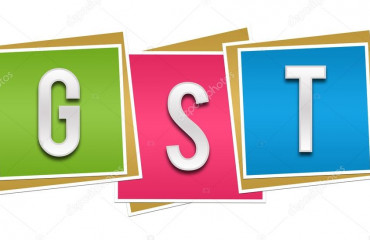
- 17 Jun 2025 06:25 PM
- New
“Jugaad” Taxation: Infosys GSTN’s Solution for GSTR-1 Glitch Sparks Outcry Among Taxpayers
A recent advisory from Infosys GSTN, the technology backbone of India’s Goods and Services Tax (GST) network, addressing a persistent GSTR-1 filing issue, has drawn sharp criticism and ridicule from tax professionals and businesses alike. The “solution” offered by Infosys GSTN, which involves entering dummy data to bypass a system error, has been widely slammed as a “jugaad” (makeshift solution) and a reflection of the GST portal’s ongoing technological shortcomings.
Read More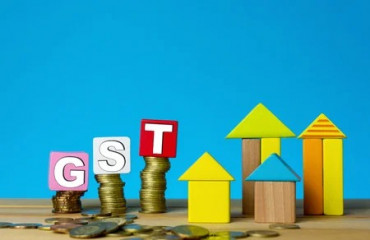
- 17 Jun 2025 06:18 PM
- New
Cabinet secretariat to hear taxpayer, trader grievances on tax, customs
New Delhi: In a significant move aimed at enhancing citizen-centric governance and ease of doing business through better grievance redressal, the government has brought both the income tax department and customs-related matters under the purview of its central public grievance system, a government notification said on Monday.
Read More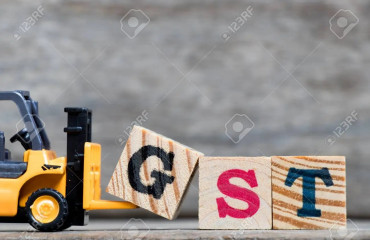
- 16 Jun 2025 06:16 PM
Nifty 50 up 5% YTD: Can it give a double-digit return this year amid favourable inflation-growth dynamics?
Despite global uncertainties, the Indian stock market gained 5% YTD, driven by domestic retail investor buying. Retail inflation fell to 2.82%, while GDP growth is projected at 6.5% for FY26, supported by strong GST collections and RBI’s dividend payout to the government.
Read More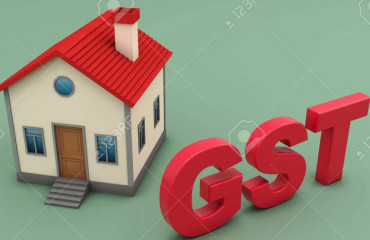
- 16 Jun 2025 06:24 PM
SC ruling clears way for dual tax on broadcasters—consumers may pay the price
New Delhi: A recent Supreme Court ruling allowing both central and state governments to impose separate taxes on direct-to-home and cable TV services has rattled India’s broadcast sector, already reeling from shrinking margins and digital disruption.
Read More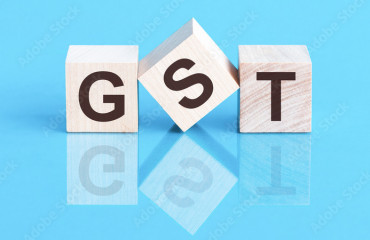
- 14 Jun 2025 05:45 PM
Sitharaman to review ease of doing business, trade and refunds with top tax officers
Finance minister Nirmala Sitharaman will meet senior officials of direct and indirect tax administrations later this month to discuss measures to improve the ease of doing business, support trade and reduce the time taken to address grievances, said a person informed about the development.
Read More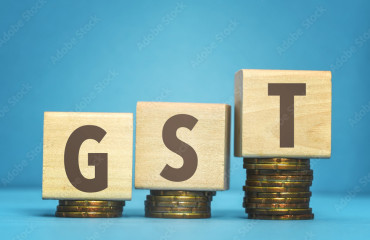
- 14 Jun 2025 05:50 PM
The week in charts: Tariff tussle, China’s curbs, India’s widening gender gap
India and the US held bilateral talks to achieve a trade deal recently, while China’s decision to curb the export of rare earth magnets has hit India’s automobile industry. Meanwhile, India has slipped two ranks on the Global Gender Gap Index.
Tariff tussle
India and the US have been negotiating hard on achieving a trade deal, with the latter seeking more market access in sensitive sectors such as dairy, agriculture, digital and medical services, Mint reported. New Delhi, however, has pushed back, demanding a balanced agreement between the two countries. The bilateral talks took place from 4 June to 10 June. India does levy high tariffs on US products in these sectors and has concerns over unregulated competition and social sensitivities around animal feeding practices by the US.
China’s play
China has triggered a big worry around the world by putting in place a stringent licensing procedure for the export of rare earth magnets—processed from rare earth elements (REEs). Even as India has the third-largest REE reserves at around 6.9 million tonnes, they are largely unexploited. Like several other countries, India relies heavily on imports from China to meet its need for rare earth elements. Since rare earth magnets are crucial for the production of automobiles, the segment is particularly hit.
Robust activity
122.7 million: That’s the number of e-way bills raised by businesses and traders for shipping goods within and across states in May. This was up 19% year-on-year, suggesting brisk economic activity in the country. However, a likely driver of robust e-way bill generation could also be advance dispatches in anticipation of the Goods and Services (GST) Council meeting, Mint reported, quoting experts. The GST collections data released earlier also pointed to robust activity in the country, with the May collections rising 16.4% year-on-year to ₹2 trillion.
Easing inflation
India’s retail inflation eased further to 2.8% in May from 3.2% the previous month due to the statistical effect of a favourable base as well as continued easing in food inflation. This is the lowest inflation print in over six years, supporting the sharper-than-expected cut of 50 basis points by the Reserve Bank of India last week.
While the headline inflation has now been below the medium-term aim of 4% for the fourth consecutive month, core inflation, which excludes food and fuel, remains above 4%.
Migrant mayhem
Under US President Donald Trump, crackdowns on migrants, including those who have legal rights to stay, have increased dramatically. According to a howindialives.com analysis, this could potentially hurt the Indian-origin population, which is estimated to be around 3.4 million as of 2023, as per the Organisation for Economic Cooperation and Development (OECD). Over the years, Indians have taken up a large share and, even a dominant one, in main visas for non-immigrants for tourism, studies, work, and to visit dependents. Stringent visa rules could limit access for Indians.
Fund hunt
₹2.5 trillion: That’s the amount Adani Group needs to raise over the next five years to meet its capital expenditure plan and debt obligations, Mint reported. The Adani Group plans to invest ₹1.3–1.7 trillion annually over the next five years and has about ₹1.6 trillion in debt maturities between 2025-26 and 2029-30. While a majority of these will be met through cash the group generates, some additional fund infusion will be needed to meet the capex goals, as well as servicing of its debt.
Tech’s future
A recent artificial intelligence (AI) report by veteran tech analyst Mary Meeker has shed light on the future of the tech industry. India, while not covered extensively in the report, will be impacted by these shifts. OpenAI’s ChatGPT, which kick-started the current interest in AI, saw an unprecedented level of growth, reaching 100 million users in just two months. India played a key role in it and currently accounts for 13.5% of global ChatGPT mobile app users, compared to the US’ 8.9%.
Gaping gap
India has been ranked 131 out of 148 countries on the World Economic Forum's Global Gender Gap Index for 2025. This is a slight deterioration from last year, when India was ranked 129. The UK, on the other hand, has made its way to the top five by jumping 10 ranks.
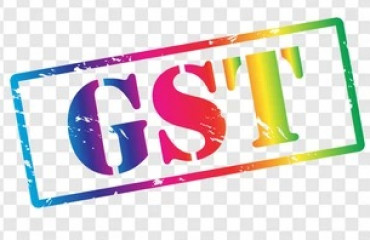
- 14 Jun 2025 05:54 PM
GDP's dirty little secret: Why we should be tracking GVA instead
Gross domestic product (GDP) growth rate is the headline number everyone tracks to figure out how the economy is doing. It’s time we shifted focus to gross value added, or GVA, which is a more direct measure of the incomes generated in the economy. That’s because GDP numbers are affected by random decisions by the GST Council to raise tax rates or by the government to slash subsidies.
Read More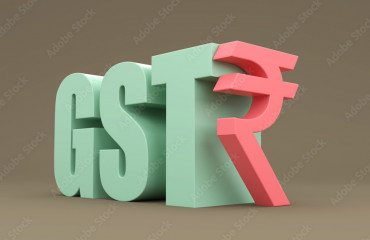
- 13 Jun 2025 06:45 PM
Ola rolls out no-commission model for cabs to weather intensifying competition
Ola’s decision to extend the model to its cab segment appears aimed at retaining drivers and staying competitive.
Read More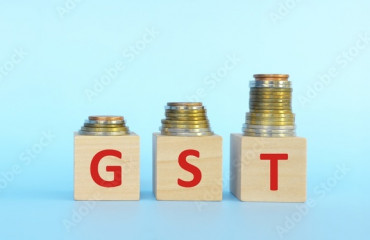
- 12 Jun 2025 06:16 PM
‘Can we unlock 16 degrees by paying more than 28% GST?' Netizens react as govt proposes to cap AC temperatures
Union Minister Khattar revealed that air conditioners will be regulated to operate between 20°C and 28°C to save energy. The proposal has led to a wave of humorous reactions online, with users creatively commenting on the government's temperature control initiative
Read More